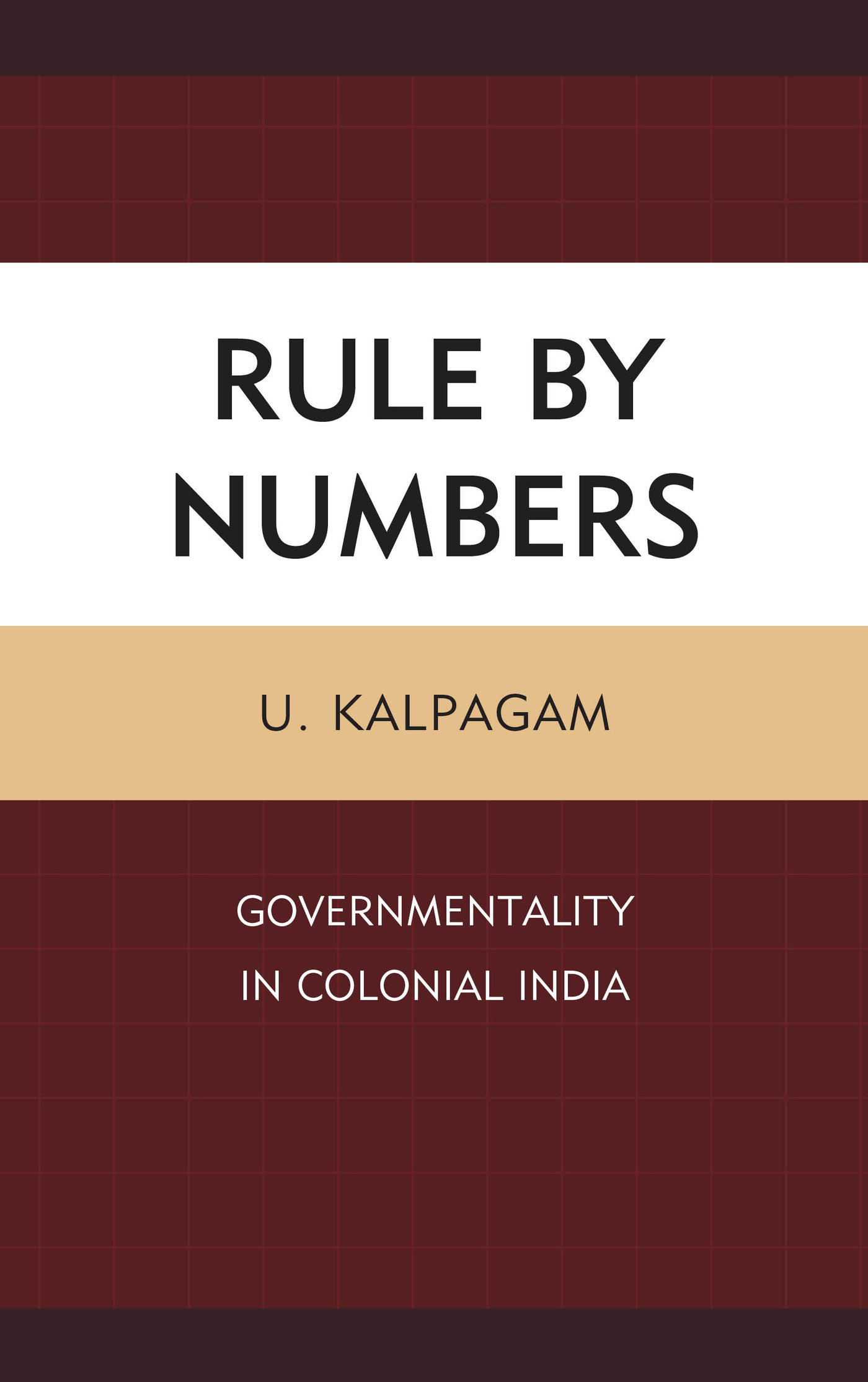Rule by Numbers
Rule by Numbers
Governmentality in Colonial India
U. Kalpagam
LEXINGTON BOOKS
Lanham Boulder New York London
Published by Lexington Books
An imprint of The Rowman & Littlefield Publishing Group, Inc.
4501 Forbes Boulevard, Suite 200, Lanham, Maryland 20706
www.rowman.com
16 Carlisle Street, London W1D 3BT, United Kingdom
Copyright 2014 by Lexington Books
All rights reserved. No part of this book may be reproduced in any form or by any electronic or mechanical means, including information storage and retrieval systems, without written permission from the publisher, except by a reviewer who may quote passages in a review.
British Library Cataloguing in Publication Information Available
Library of Congress Cataloging-in-Publication Data
Kalpagam, U.
Rule by numbers : governmentality in colonial India / U. Kalpagam.
pages cm.
Includes bibliographical references and index.
ISBN 978-0-7391-8935-1 (cloth : alkaline paper) -- ISBN 978-0-7391-8936-8 (electronic)
1. India--Politics and government--1765-1947. 2. India--Statistical services--History. 3. Statistics--Political aspects--India--History. 4. Great Britain--Colonies--Administration--History. 5. Foucault, Michel, 1926-1984--Political and social views. 6. State, The. I. Title.
JQ231.K35 2014
352.7'509540903--dc23
2014020490
 TM The paper used in this publication meets the minimum requirements of American National Standard for Information Sciences Permanence of Paper for Printed Library Materials, ANSI/NISO Z39.48-1992.
TM The paper used in this publication meets the minimum requirements of American National Standard for Information Sciences Permanence of Paper for Printed Library Materials, ANSI/NISO Z39.48-1992.
Printed in the United States of America
Preface and Acknowledgments
The State has been the subject of interest and curiosity of philosophers, historians, political scientists, and economists for long. In recent years, studies on the colonial state in India combining both historical and anthropological perspectives initiated by American anthropologists and the Subaltern Studies group received a renewed stimulus as Michel Foucaults ideas gained popularity in the social sciences. The historians interests on liberalism and empire, the political scientists acknowledgment of the potential of Foucaults idea of governmentality, and the anthropologists interest in studying state-effects at the margins have together provided new vigor to the study of the state with these perspectives and new questions. This study has been influenced by these currents of thought in its attempt to understand how governmentality produced statistical knowledge in colonial India. In the many years that have gone into this research, I have drawn much inspiration from Talal Asads interest in Foucauldian ideas for anthropological analysis, and his essay on statistics and modern power initiated me into this. His encouragement over the years kept up my interest to complete this work despite other diversions in my research. Rayna Rapp opened up a whole new world for me with her enthusiasm and generosity and I have benefitted much from her comments on this work. My thanks to both Talal Asad and Rayna Rapp for all they have given me that is beyond measurement. Deborah Poole evinced interest in this work in its early stages and gave me her insights. I also thank the anonymous reviewer of this book for the good suggestions that strengthened sections of some chapters. The editors and anonymous reviewers of journals that published earlier versions of some of the chapters, in particular, TimeandSociety, HistoryoftheHumanSciences, EconomyandSociety, JournalofHistoricalSociology, and EconomicandPoliticalWeekly were generous with their comments thus helping to clarify many issues. In the initial stages of research, I received a grant from the Wenner Gren Foundation for Anthropological Research, New York (Developing Countries Training Fellowship Grant# 4870-4201) that helped me to pursue this study. A British Academy Fellowship for another research project took me to London, which facilitated archival research for the chapter on the public sphere at the India Office in the British Library. I am thankful to Pat Caplan for hosting me in London. Much of the reading for this was done over the years at the New York Public Library and I am ever so thankful to the helpful staff there. Over the course of time I have been on the faculty of several institutions that have supported this work and I am grateful to the staff of the libraries in these institutions. A sabbatical leave from my present institution in Allahabad, India, helped me to complete this work. Friends and strangers have helped me access literature that would otherwise have been unavailable to me and I should like to especially offer my thanks to S. Subbalakshmi, Rama Deb Roy, Joan Mencher, David Scott, and Faisal Devji. It has been a pleasure to receive all the helpful editorial support of Sabah Ghulamali and Brian Hill at Lexington Books. My family has supported me in many ways and I offer my thanks to all of them.
Introduction
The Colonial State and Statistical Knowledge
The modern state in India is of recent origin dating back to British colonial rule of the eighteenth and nineteenth centuries. Despite the prodigious work of historians of the colonial period that deal with the colonial state, only a few explicitly analyze the construction of the state that arose out of a set of contingent factors. The paradigm shift in political studies of the modern state brought in by the Foucauldian approach of governmentality that displaced the earlier approaches that were based either on the historical evolution of the state or the history of modern political thought, and the insights bequeathed by recent anthropological studies of state effects at the margins have cleared the way for critical analyzes of state constructivism that integrates anthropological and postcolonial perspectives with Foucauldian insights. This book narrates the construction of the modern colonial state in India through a history of colonial governmentality, focusing on the enumerative rationalities and strategies in the process of colonial governance and its systems of recordation that generated vast knowledge even as it constructed the state and the colonial subjects. New categories of space, time, measurement, classification, and causality that were integral to the political technologies of colonial governance constructed economy and society as domains of governmental intervention and knowledge, and enabled the apprehension of social phenomenon in modern scientific ways. Drawing on Foucaults notion of episteme, it is argued that the rise of quantification and knowledge in colonial India and elsewhere in the colonized world is to be understood as the process of a historical practice of modern governance, and intimately connected with the construction of the modern state. For Foucault, the episteme is not what may be known at a given period, but what in the positivity of discursive practices makes possible the existence of epistemological figures and sciences.
Forms of Western dominance over the rest have concerned historians, anthropologists, sociologists, political economists and those in the humanities for long both in the Western and and in the non-Western world. But not until Talal Asads suggestion of anthropologizing the growth of Western power that serious and critical reflections began in Western anthropology of the imbrication of colonial power and knowledge. Anthropologist Bernard Cohn, who had long been engaged in historically informed anthropological studies on India, has highlighted the processes and modalities of how British colonial power constructed knowledge of India and contributed along with his followers at Chicago to a significant scholarship on the historical anthropology of India. These were soon followed by studies of the subaltern historians with their critical perspectives on colonial dominance, resistance, subject and the state that have transformed significantly the nature of historical scholarship on India in the last two decades. These reflections in Western anthropology and history that were in themselves a paradigmatic turn colluded with a similar critical and more powerful current of thought in the humanities through the work of Edward Said.
Next page
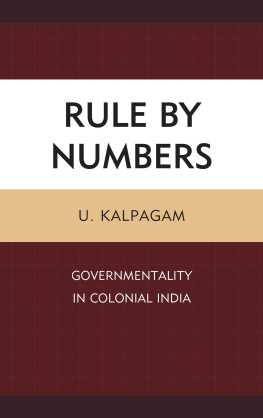

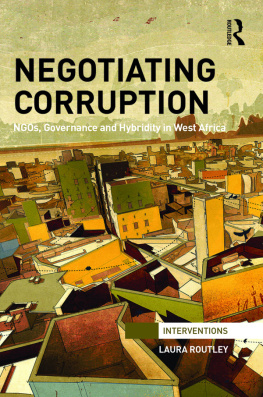
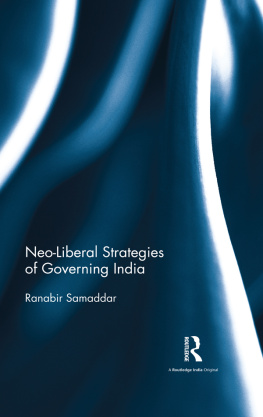
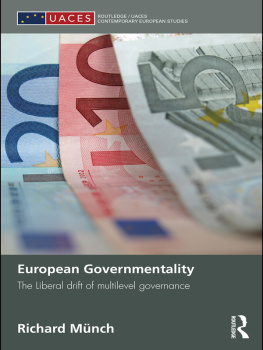
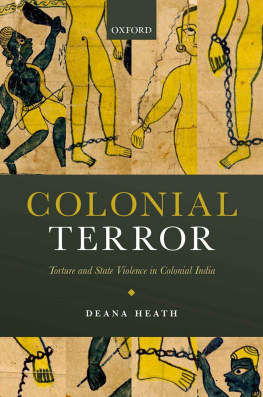
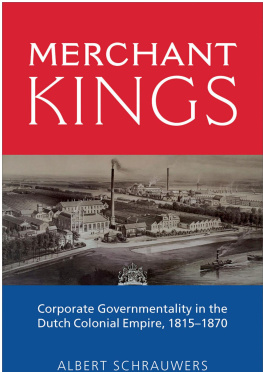
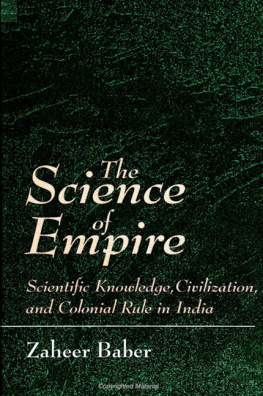
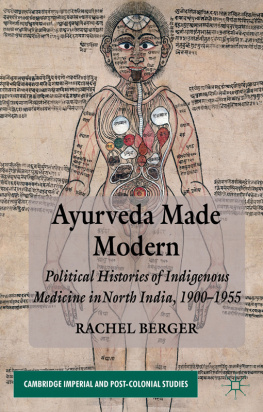
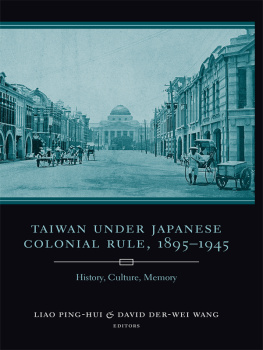
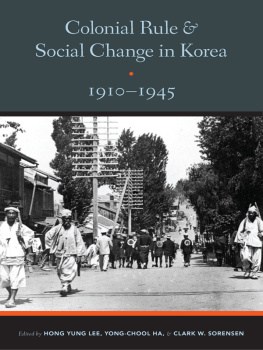
 TM The paper used in this publication meets the minimum requirements of American National Standard for Information Sciences Permanence of Paper for Printed Library Materials, ANSI/NISO Z39.48-1992.
TM The paper used in this publication meets the minimum requirements of American National Standard for Information Sciences Permanence of Paper for Printed Library Materials, ANSI/NISO Z39.48-1992.